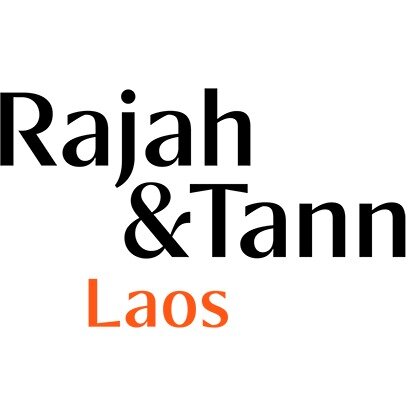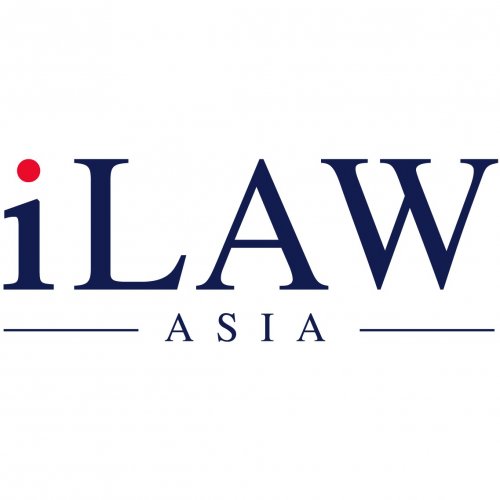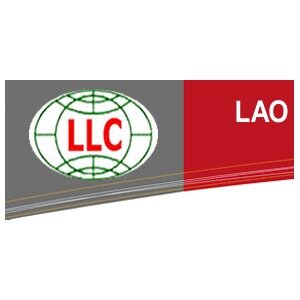Best Franchising Lawyers in Vientiane
Share your needs with us, get contacted by law firms.
Free. Takes 2 min.
List of the best lawyers in Vientiane, Laos
About Franchising Law in Vientiane, Laos:
The concept of franchising is actively growing in Vientiane, Laos as more international businesses are expanding their operations in the country. While the term ‘franchise’ is not defined under Lao legislation, franchise agreements are typically governed by the Arsenal Law on Business Competition and the Contract Law. These laws highlight the importance of fair competition, clearly drafted agreements, and the protection of intellectual property rights.
Why You May Need a Lawyer:
Given the complexity and risks of entering into a franchise agreement, it’s critical to involve legal professionals in all phases of the franchise process. A lawyer can help draft contracts, provide advice on rights and obligations under the franchise agreement, and ensure compliance with local business laws. They can also assist in dispute resolutions or litigations should any conflicts arise.
Local Laws Overview:
Fundamental legal aspects of franchising in Vientiane involve business incorporation, contract formulation, business competition, intellectual property, and dispute resolution. Although franchising per se is not under local legislation, compliance with Laos’ Contract Law and the Law on Business Competition is crucial. They emphasize the importance of honesty, transparency, and mutual benefits. Furthermore, understanding Laos’ intellectual property law is important as franchise rights are often centered around brand logos, trademarks, and patents.
Frequently Asked Questions:
What is a franchise agreement?
A franchise agreement is a legal contract between the franchisor (original business owner) and the franchisee (the person purchasing the franchising rights) that specifies the terms and conditions of the franchise.
Is it mandatory to register a franchise agreement in Laos?
While specific legislation for franchise registration does not exist in Laos, it is recommended that contracts be in written form. It might also become crucial to register the franchise's trademark with the Department of Intellectual Property, Ministry of Science and Technology in Laos.
Are there any restrictions regarding foreign franchisors in Vientiane, Laos?
As of now, Laos does not impose specific restrictions on foreign franchise-holders. However, foreign companies must comply with the Foreign Investment Law while commencing operations in Vientiane, Laos.
Can a franchise agreement be terminated?
Yes, a franchise agreement can be terminated but it largely depends on the stipulations in the contract. Therefore, it is important for both parties to clearly understand the termination clauses during the drafting of the agreement.
What happens in case of a franchise dispute?
In case of a dispute, parties can resort to mediation, arbitration, or litigation depending on the dispute resolution procedure agreed upon in the contract. Professional legal counsel is necessary to effectively navigate these processes.
Additional Resources:
The Ministry of Industry and Commerce and the Ministry of Science and Technology are two key governmental bodies that could provide resources and information relevant to franchising in Laos. Furthermore, international trade and investment consultants often provide comprehensive research and consultancy services on this matter in Laos.
Next Steps:
If you need legal assistance in franchising in Vientiane, Laos, consider consulting with a local lawyer who is familiar with business and intellectual property laws. They can provide important strategic advice, guide you through the legal hurdles, and protect your interests. Always remember to thoroughly research and make informed decisions about entering into franchise agreements.
Lawzana helps you find the best lawyers and law firms in Vientiane through a curated and pre-screened list of qualified legal professionals. Our platform offers rankings and detailed profiles of attorneys and law firms, allowing you to compare based on practice areas, including Franchising, experience, and client feedback.
Each profile includes a description of the firm's areas of practice, client reviews, team members and partners, year of establishment, spoken languages, office locations, contact information, social media presence, and any published articles or resources. Most firms on our platform speak English and are experienced in both local and international legal matters.
Get a quote from top-rated law firms in Vientiane, Laos — quickly, securely, and without unnecessary hassle.
Disclaimer:
The information provided on this page is for general informational purposes only and does not constitute legal advice. While we strive to ensure the accuracy and relevance of the content, legal information may change over time, and interpretations of the law can vary. You should always consult with a qualified legal professional for advice specific to your situation.
We disclaim all liability for actions taken or not taken based on the content of this page. If you believe any information is incorrect or outdated, please contact us, and we will review and update it where appropriate.













